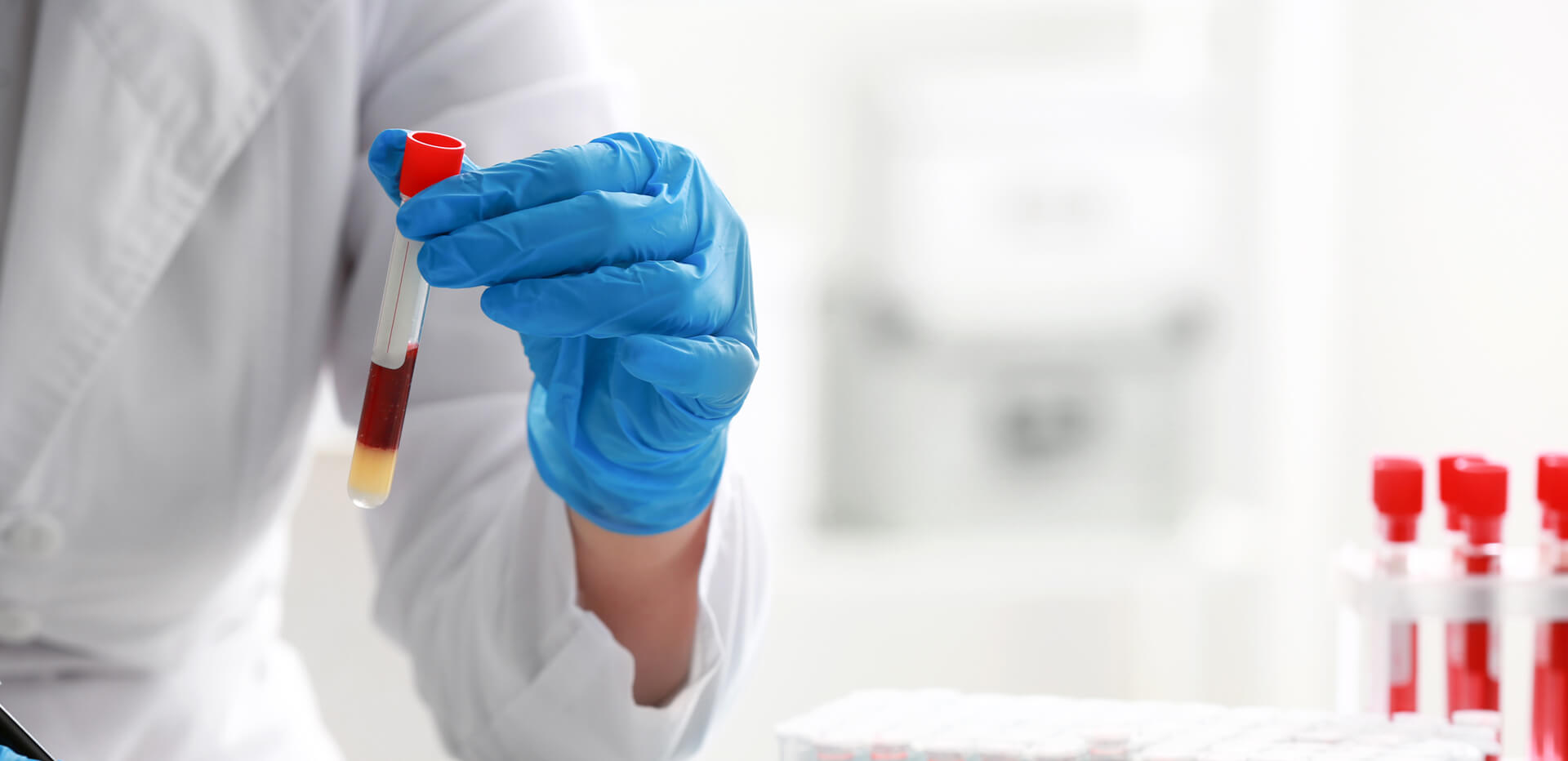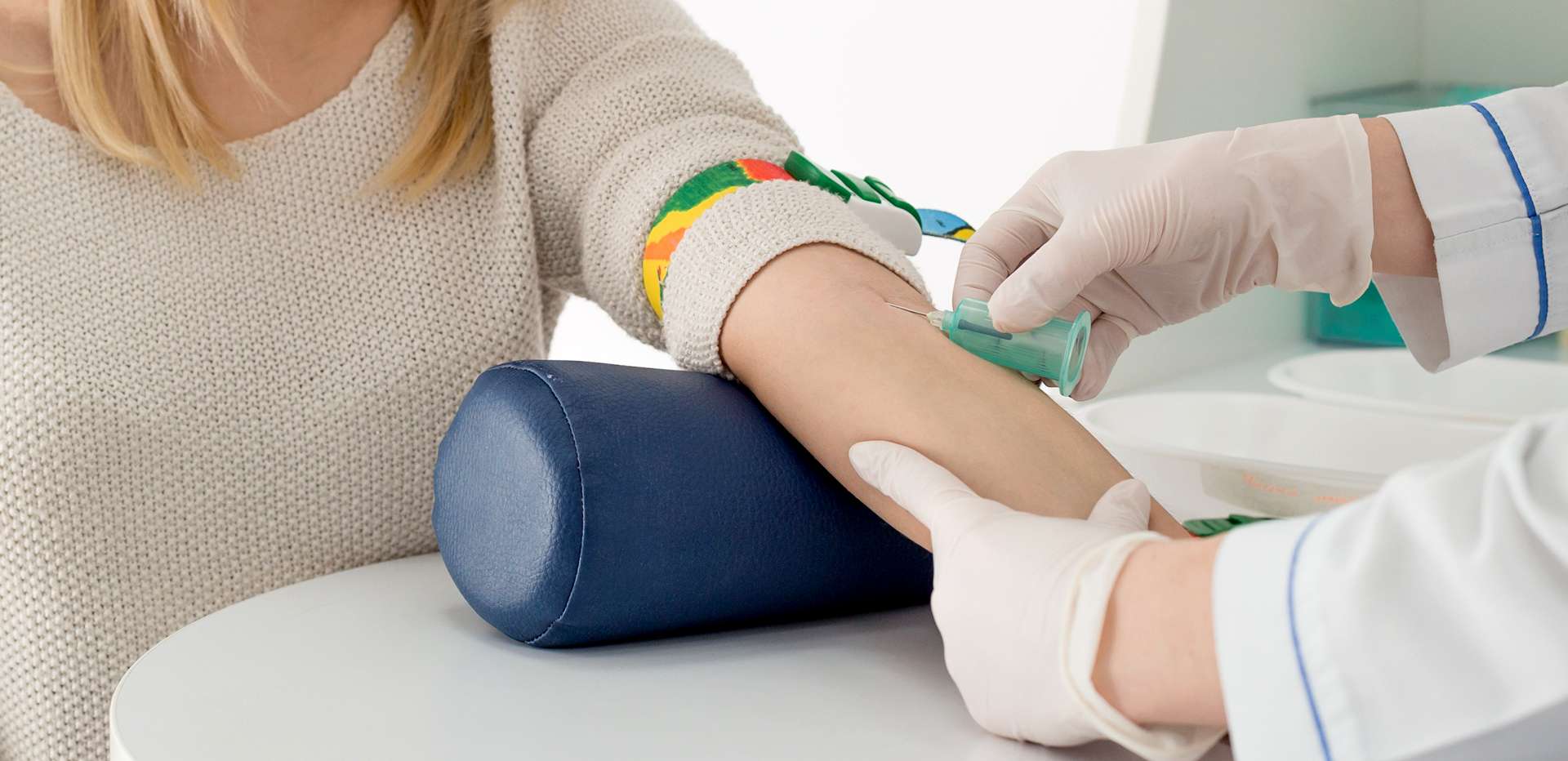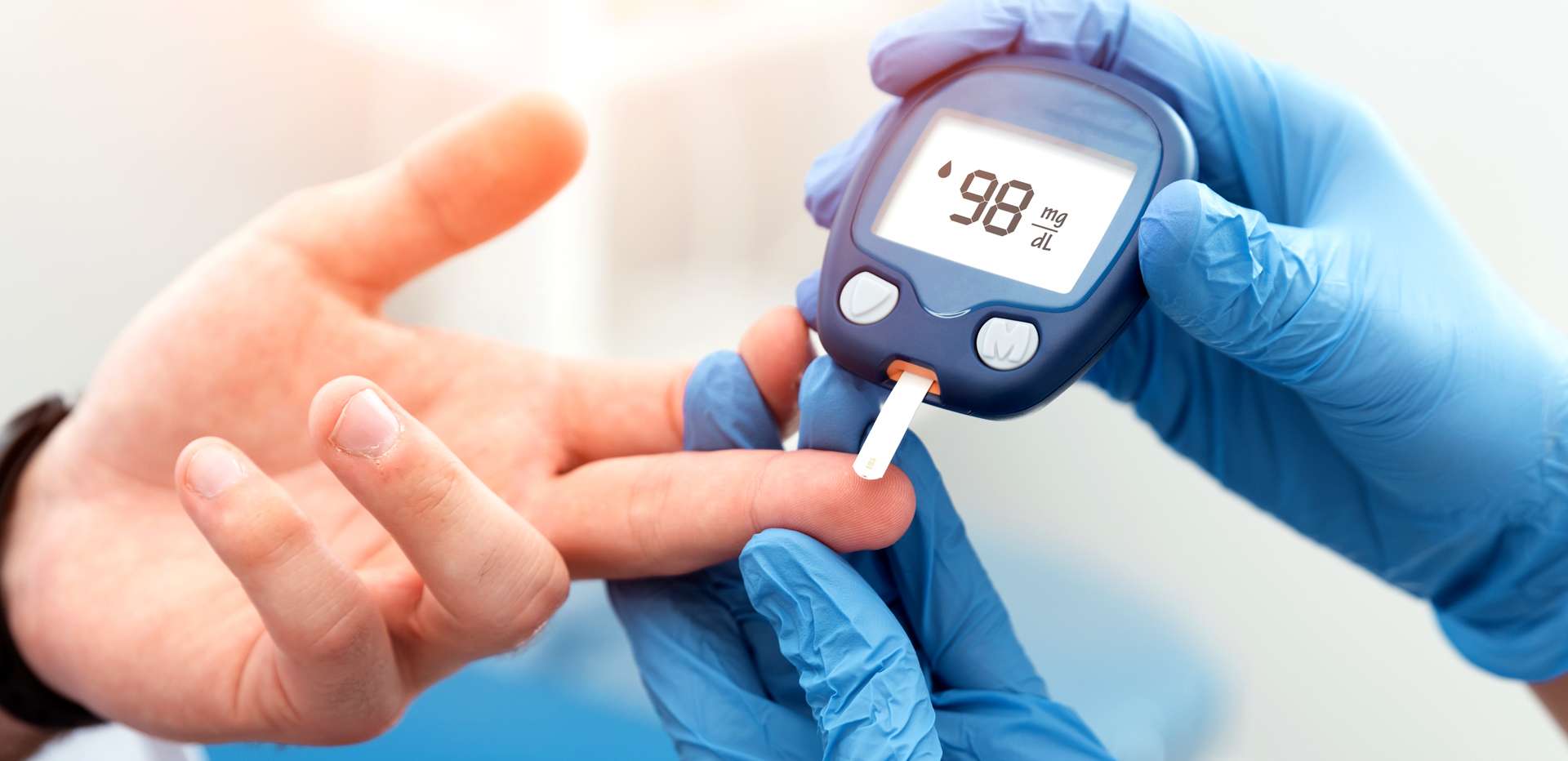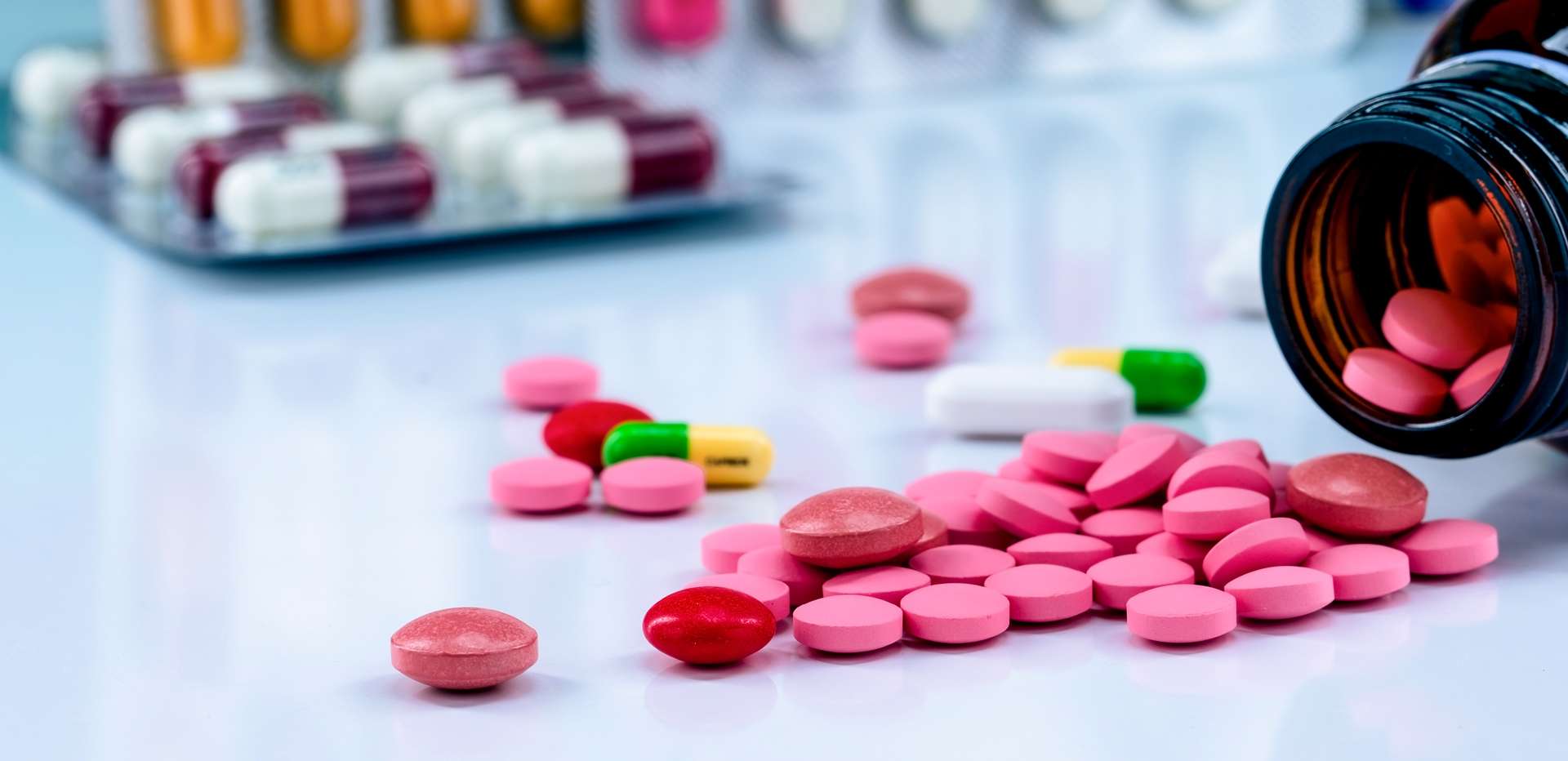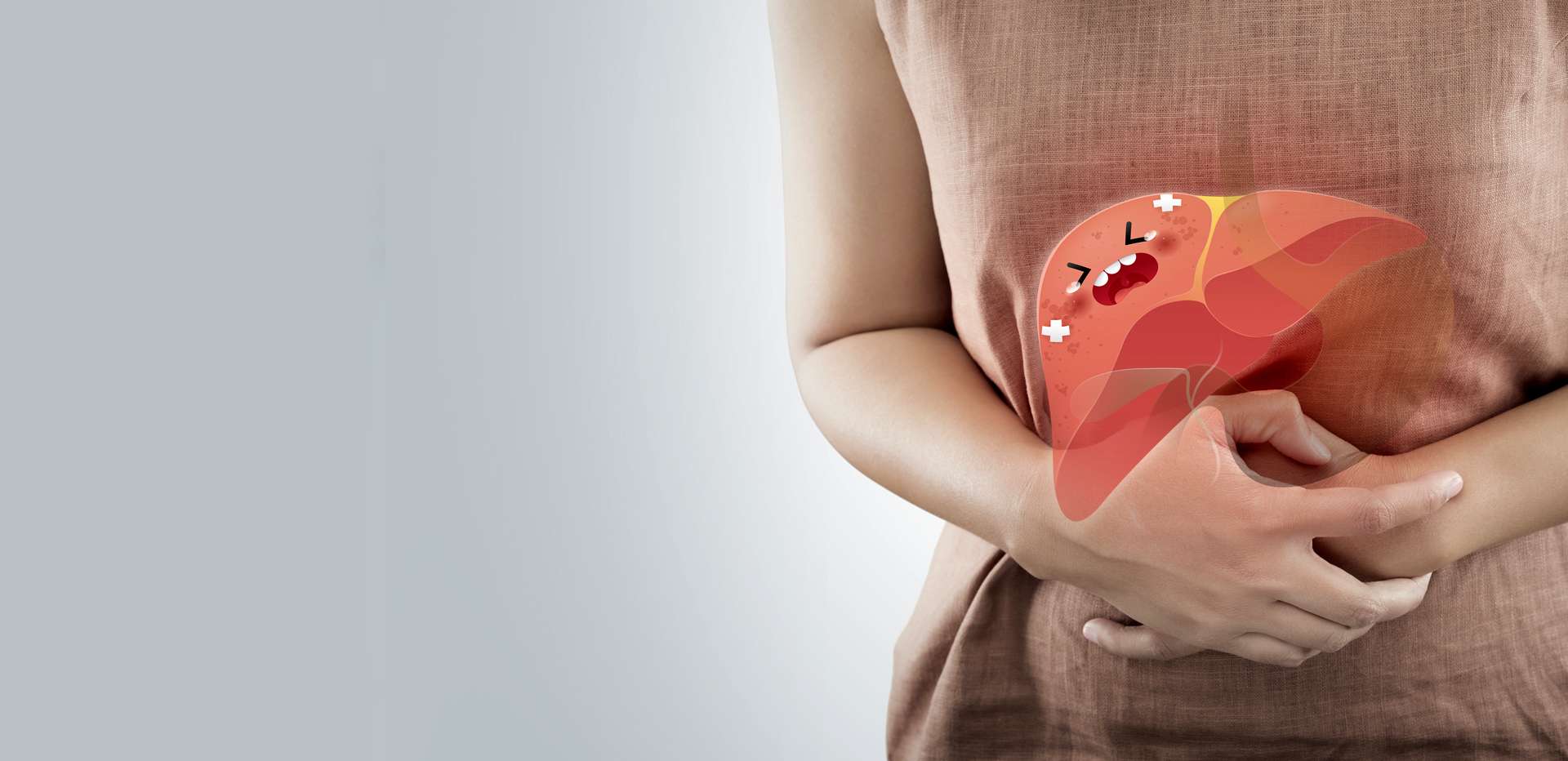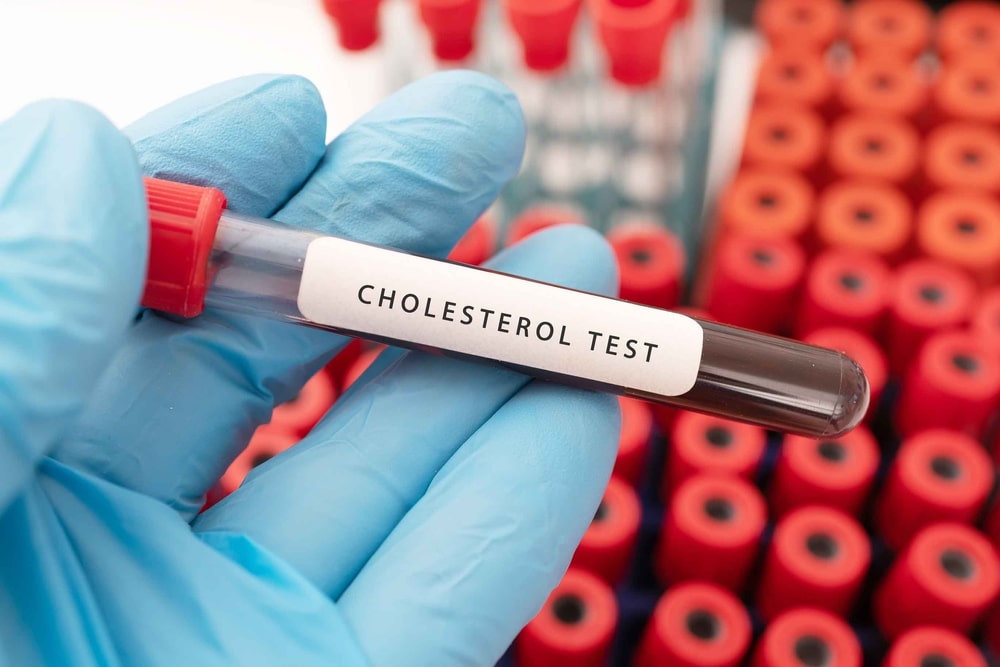Found in your blood, cholesterol is a waxy substance attached to proteins that helps your body build healthy cells. You need a certain amount of cholesterol in your blood, but if you develop too much of a certain kind you can end up with serious health complications.
Known as ‘bad cholesterol’ or low-density lipoprotein (LDL), this type of cholesterol builds up in your arteries causing them to become narrowed and/or hardened. Having too much LDL cholesterol is more commonly called high cholesterol.
High cholesterol makes it difficult for blood to flow adequately throughout your body. This can eventually lead to chest pain, heart attack and stroke. Most people develop high cholesterol as the result of unhealthy lifestyle choices, but it can also sometimes be inherited. The most common causes of high cholesterol are:
- Poor diet
- Lack of exercise
- Being overweight
- Having diabetes
- Smoking cigarettes
- Having a family history of high cholesterol
- Having a family history of heart disease
If you have high cholesterol, it’s unlikely you’ll have any noticeable symptoms until its progressed to a more advanced stage. That’s why it’s so important to get regular cholesterol tests so that you can prevent any serious health complications from occurring.
Cholesterol Blood Tests
A complete cholesterol test, also called a lipid profile or lipid panel, is a type of blood test that measures the amount of cholesterol and triglycerides in your blood. This can help your doctor or clinician determine whether your cholesterol levels are too high or if you’re at risk of developing high cholesterol and related complications.
A complete cholesterol test will measure the:
Total cholesterol content in your blood
- High-density lipoprotein (HDL) cholesterol in your blood
- Low-density lipoprotein cholesterol in your blood
- Triglycerides, a type of fat, in the blood
In most cases, a cholesterol blood test doesn’t require any preparation beforehand. Your sample can be taken with a simple blood draw or prick of your finger. However, in some cases you may need to have a cholesterol fasting test. With these types of tests you’ll need to refrain from eating for 12 hours before your blood is taken. You’ll be advised ahead of time which type of test you’ll be taking.
How Often Should I Get Cholesterol Tests?
High cholesterol becomes more common as we get older, so it’s usually recommended that people start getting cholesterol screenings once they hit their 40s. You should get your cholesterol tested at least once every 1-2 years so that any risk factors can be caught early. The earlier you tackle any potential problems the more successful treatment will be.
Where Can I Get Private Cholesterol Blood Tests in Lichfield and Northolt?
We know it’s not always easy to get screening tests through your regular GP. You can book fast and convenient private cholesterol blood tests in Walsall and Leighton Buzzard through Touchwood Pharmacy. Appointments are also available for private cholesterol blood tests in Camberley. Click here to book your appointment today.




